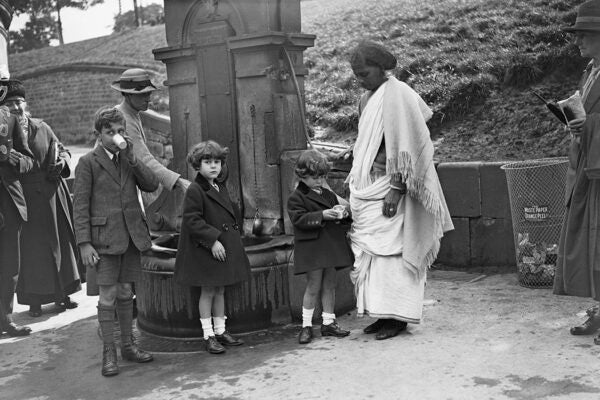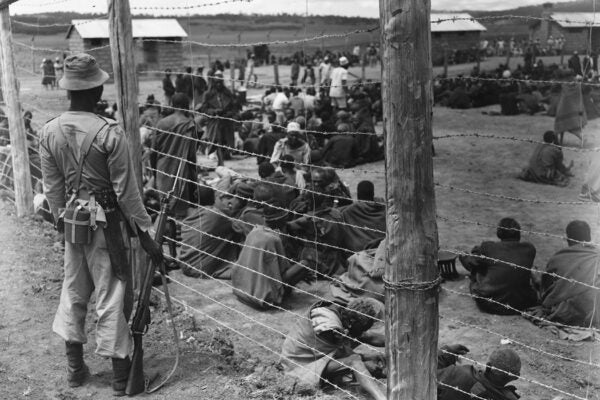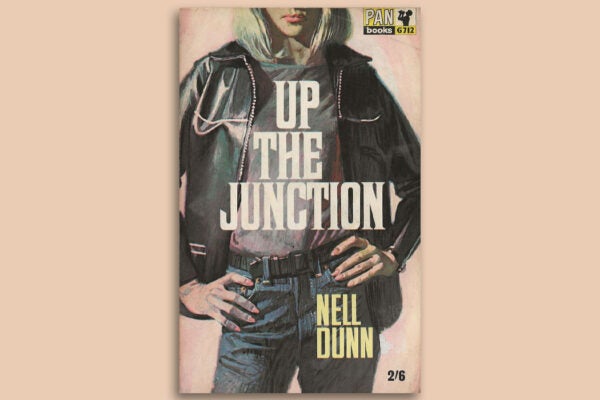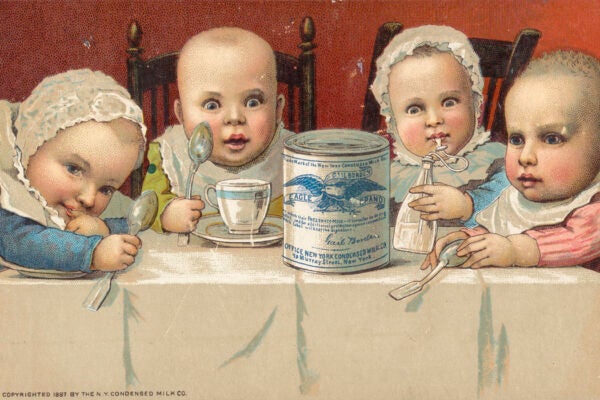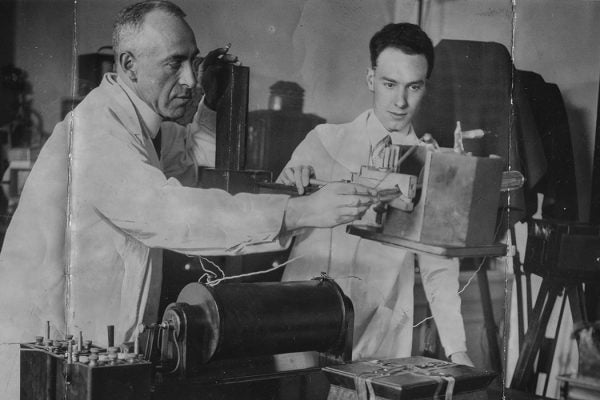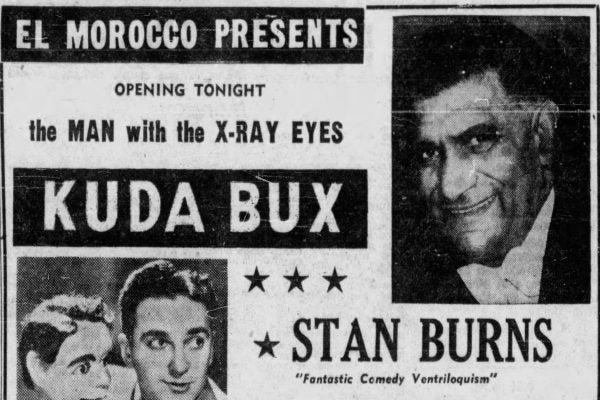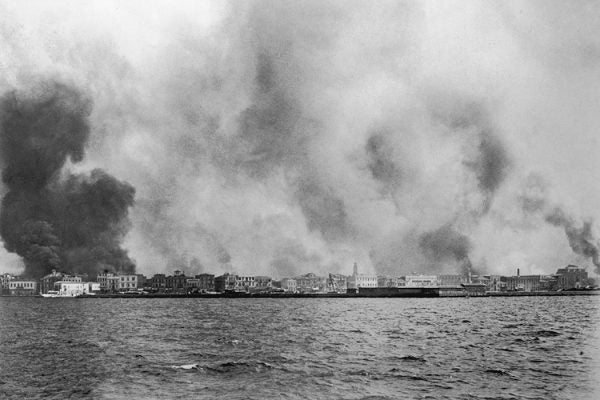Laughing With the Fascists
Mussolini’s regime isn’t generally associated with a sense of humor, but the Fascist party found comedy useful in certain circumstances.
Ayahs Abroad: Colonial Nannies Cross The Empire
South Asian maids and nannies journeyed to Britain by the thousands in the late nineteenth and early twentieth century with returning colonials.
Reporting Atrocity—Or Not—In Postwar Britain
Or, what metropolitan Britons could know about the colonies.
Up the Junction: A Place, A Fiction, A Film, A Condition
In addition to a New Wave hit, Nell Dunn's 1963 book about young women in a poor London neighborhood inspired a Ken Loach adaption that helped shift British attitudes toward abortion.
The Sweet Story of Condensed Milk
This nineteenth-century industrial product became a military staple and a critical part of local food culture around the world.
Xerox and Roll: The Corporate Machine and the Making of Punk
On the 85th anniversary of the first xerographic print, a collection of punk flyers from Cornell University provides an object lesson on (anti-)art in the age of mechanical reproduction.
The Spy Who Shared My Foyer
Luminaries from Agatha Christie to Walter Gropius gravitated to London’s “Lawn Road Flats.” So too did a far less conspicuous cohort: assets for the USSR.
Ghosts of Landed Gentry, But Never the Ghosts of Serfs
Psychical researcher Harry Price combined the power of academic language with a cultural identity crisis to build a reputation as a “scientific” ghost-hunter.
Kuda Bux: Fire-walking for Fame and Fortune
The Kashmiri American illusionist and mystic drew on his legendary powers of concentration to entertain and astound (in)credulous audiences.
September 1922: The Great Fire of Smyrna
A hundred years after the cosmopolitan city burnt to the ground, the truth about who started the fire and why remains a point of contention.

